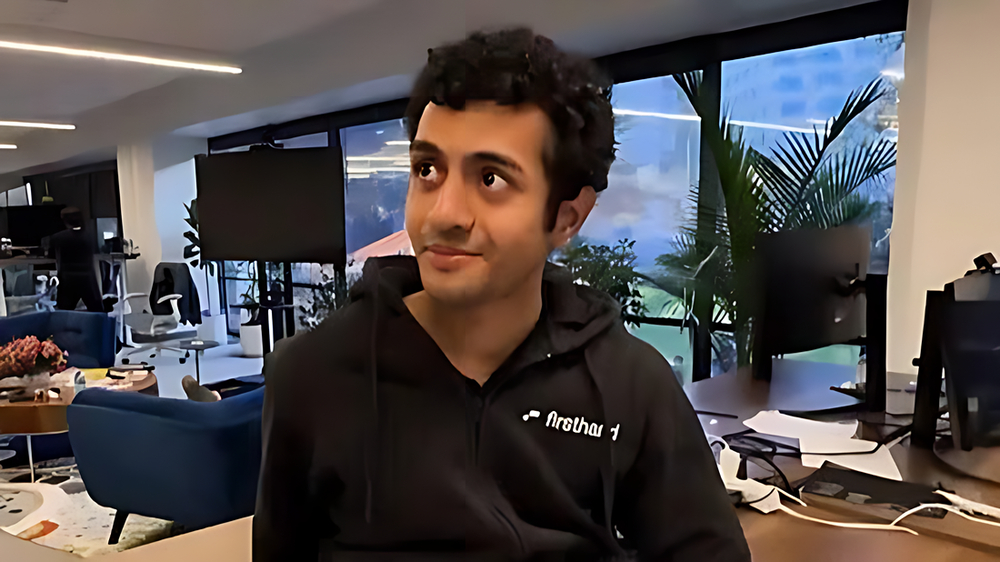In a world where working overtime is celebrated, Soham Parekh pushed the limits far beyond what anyone imagined. For months, the Indian software engineer worked multiple full-time jobs—logging up to 140 hours a week across various high-profile Silicon Valley startups. What began as a personal survival tactic has now become a cautionary tale for the global tech industry.
The Exposure: How It All Came Out
It started with a viral post by Mixpanel co-founder Suhail Doshi on X. Doshi warned other founders to steer clear of Soham Parekh, revealing that he had been employed by several startups at once—without any of them knowing.
Doshi’s post quickly gained traction, leading to more startups admitting they had also hired Parekh, unknowingly overlapping with others. In the span of 48 hours, the tech community turned a once-anonymous engineer into the most discussed name in Silicon Valley.
Parekh Breaks His Silence
In an interview with The Bay Programming Network (TBPN), Parekh admitted everything.
His reason: financial desperation.
“No one likes working 140 hours a week,” he said. “But I had to do it. I was in a bad place financially and emotionally. I had no support system.”
He revealed that he arrived in the U.S. in 2020 after plans to pursue graduate education fell apart. Without friends, family, or backup plans, he saw moonlighting as his only path forward.
How He Got Away With It
Soham Parekh wasn’t juggling part-time freelance gigs. He was employed full-time at several startups simultaneously, all offering remote flexibility and stock options. Here’s how he managed to stay hidden:
• Multiple laptops and virtual desktops
• Time-blocking calendar hacks to dodge overlapping meetings
• Quick deliverables to appear productive across teams
• A strong network of early references that helped him land new jobs quickly
In short, he hacked startup hiring culture.
Industry Response: Is the System Broken?
1. Founders on Alert
Startups have begun reviewing internal hiring policies. Several have already added clauses restricting outside employment.
2. Stronger Vetting Processes
Recruiters are implementing stricter verification: LinkedIn audits, overlapping W-2 tracking, and even biometric activity tools.
3. Culture Criticism
The scandal has reignited criticism of “hustle culture” in tech. If a software engineer felt the need to work 140 hours to survive, what does that say about startup economics?
Redemption or Risk? His Next Move
Key Lessons from the Soham Parekh Case:
• Remote flexibility can be exploited if oversight is weak
• Financial stress among engineers is real, even in high-paying roles
• Trust without accountability is a risk for fast-growing startups
• The culture of overwork needs urgent re-evaluation
Final Thought
Soham Parekh’s story is not just about moonlighting. It’s about a system that quietly rewards output without checking the cost. As startups chase talent at lightning speed, this incident reminds us that due diligence, workplace ethics, and mental health support cannot be afterthoughts.




Leave a Reply